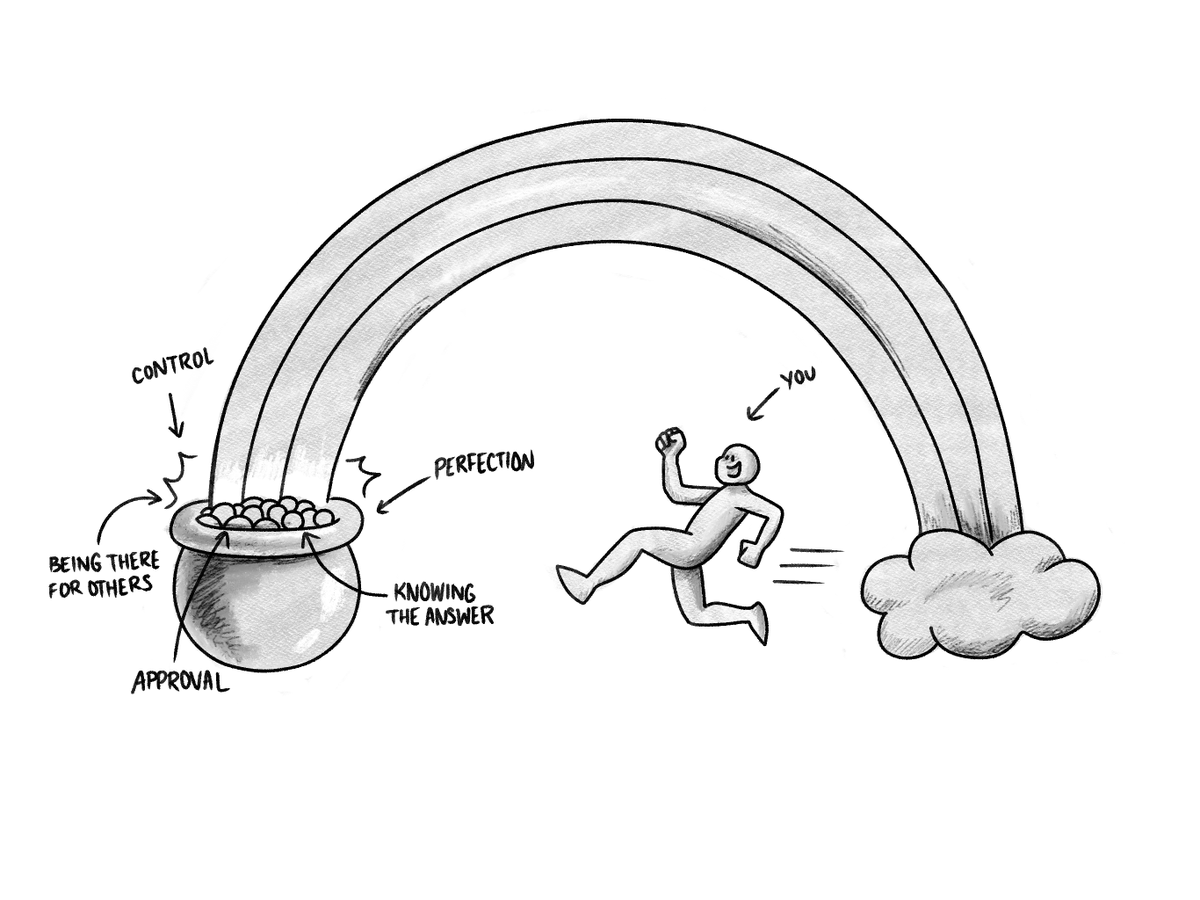I've been studying spiritual transformation, how we access it, why we get stuck, not so much what we can do but how we can maintain a posture so we're open to what God can do. A brief thread.....
1/
1/
Part of what keeps us stuck is our false belief that internalization can lead to change, when actually we need to externalize. When I read a book or listen to a podcast, I don't change as much as when I talk to someone about what I learned. But more powerfully.....
2/
2/
...Ways of thinking stay lodged and reinforced when we keep them internal. In fact I think we reinforce their power when we keep them in. But when we externalize to someone, we gain power over it. I find this especially true with Inner Critic work.
3/
3/
We live from what we believe. Some beliefs that have kept me bound, 'I need to please a stranger' and 'I need to always be understood so people know I am a decent person' and 'every sermon must be gold standard.' But when I say them to someone, we both look shocked....
4/
4/
I recently hosted a webinar where people put in the chat what they believe they need to be ok, that they don't really need at all. Things like what I posted above. Many of the sentences people typed had absolutes like 'always' and 'never.' These extremes that keep us trapped.
5/
5/
What was interesting was that everyone in the webinar participated, but also got to see everyone else's false beliefs. And people were saying about others, 'that's crazy/that is too much pressure, no one can live up to that!'
All the while, not seeing the same for themselves
6/
All the while, not seeing the same for themselves
6/
Why are we so quick to give grace and absolution to others, but so blind to how desperately we need it for ourselves?
We love our neighbor as ourselves. What would our life look like if we loved ourselves as our neighbor?
7/
We love our neighbor as ourselves. What would our life look like if we loved ourselves as our neighbor?
7/
Not in some self absorbed/me, me, me way. But in a way that truly freed us from the grip of false need, from the grip of a self that is such a tyrant.
8/
8/
Externalizing our false beliefs, the way our 'self' has kept us trapped in a tyrannous relationship for years, can truly open our hearts to the Good News. The God who speaks in terms of no condemnation, and 'neither do I condemn you' etc.
9/
9/
But our inner critic is SO quick to dismiss God and the Good News. And then, especially in the church, the Inner Critic tricks us into believe that is humility.
10/
10/
Hogwash.
Humility is having the faith and courage to be loved by God the way God is wanting to love you. Full, unfettered and free.
As a rookie in this, I'll say it is painful at first to experience the love of God. It means absolute trust, relinquishing control.
11/
Humility is having the faith and courage to be loved by God the way God is wanting to love you. Full, unfettered and free.
As a rookie in this, I'll say it is painful at first to experience the love of God. It means absolute trust, relinquishing control.
11/
So many pastors proclaiming the love and grace of God that they don't actually believe.
Ok, sure, they believe it like you believe someone when you study it in school. But not down to their bones, not in the secret places, not in their corpuscles.
12/
Ok, sure, they believe it like you believe someone when you study it in school. But not down to their bones, not in the secret places, not in their corpuscles.
12/
Inner Critic gets the final word after God speaks.
How about being no longer ok with that? How about fighting like H-E-Double Hockey Sticks to overcome that internal block and receive grace like a deer pants for water?
13/
How about being no longer ok with that? How about fighting like H-E-Double Hockey Sticks to overcome that internal block and receive grace like a deer pants for water?
13/
The best starting tool I know is externalization. A safe person or small group you can share with, to hear your IC and for you to hear the gospel. A couple of helpful extra tools:
14/
14/
1. Ask the group when they notice the teflon in you deflecting.
2. Brave practice. The Inner Critic has lodged deep for years and you have given it free reign. It will not give up easily. Like all bullies it will fold in the face of real strength.
God. With. Us.
15/15
2. Brave practice. The Inner Critic has lodged deep for years and you have given it free reign. It will not give up easily. Like all bullies it will fold in the face of real strength.
God. With. Us.
15/15
• • •
Missing some Tweet in this thread? You can try to
force a refresh









